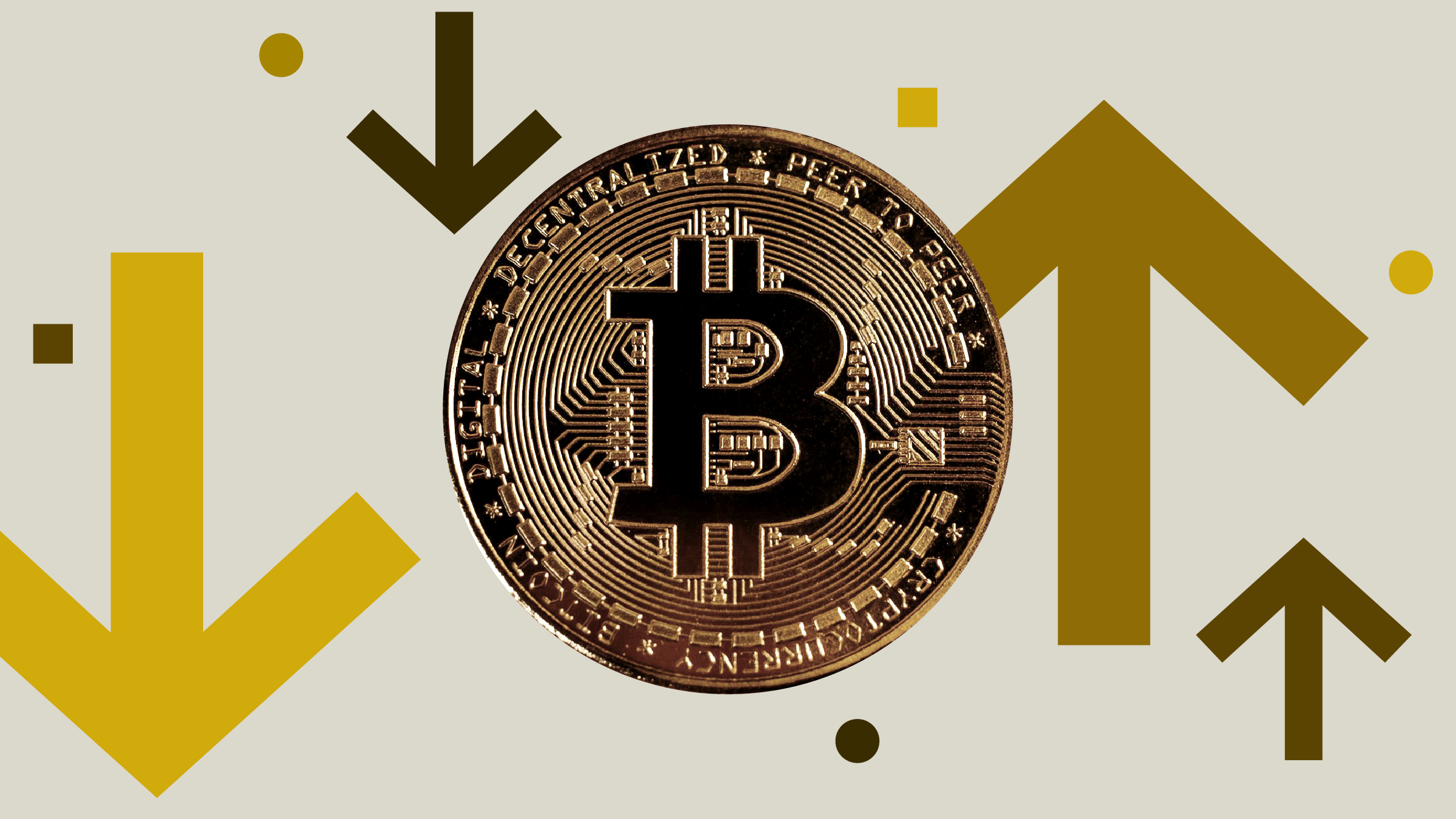Ramona Persaud, a portfolio manager with Fidelity Investments Canada in Toronto, looks beyond dividend yields for performance and income in her global mandates. "I believe that exceptional returns come from taking a value-oriented approach," she says. "Value investing tends to work over a very long period because it's all about starting out with low expectations, and then stock picking well enough to pick the companies that will beat those expectations."
Persaud runs about 85% of the equity portion of Fidelity Global Dividend, and about 40% of the equity portion of Fidelity Global Monthly Income. Her investment strategy is the same for both mandates.
Holding 100 to 120 names in Fidelity Global Dividend, Persaud notes that global investing offers much more diversification by industry sector, since the Canadian market is heavily concentrated in natural resources and financial services. Secondly, she adds, there are price inefficiencies to be exploited globally, "in the sense that you don't have a lot of eyeballs on your average global stocks."
Quality is paramount for Persaud in achieving her long-term objectives. With value stocks that are high-quality names, she says, portfolio managers can really mitigate volatility. That's because high-quality companies tend to have more stable and predictable earnings, higher profitability and stronger free cash flow.
Persaud says investors in dividend-oriented funds, many of whom are older and/or retired, tend to be risk-averse. "So it's really important in my mind," she says, "to think about downside protection, think about risk, and think about volatility for an investor who cares about income."
Persaud says she does not target yield because most industries, and therefore their dividend payouts, can be cyclical. Ideally, she'd like the yield on her holdings to be 0.5% higher than the benchmark MSCI All World Country Index yield. But, she adds, only if that yield is consistent with the overall goal of achieving better value and quality than the market benchmark.
Persaud has found opportunities in Japan, especially a year ago when stocks there were cheaper. She says the current Japanese government is trying to provide incentives to companies to become more shareholder-friendly and not just employee-friendly, to focus on returns on capital, and to hold less cash on their balance sheets. Persaud also sees as a positive the government's introduction of a stewardship and a governance code for Japanese companies.
Among Fidelity Global Dividend's holdings in Japan is Olympus Corp. (OCPNF). The camera manufacturer also has a medical-technology business, which includes making gastro-intestinal endoscopes for minimal invasive surgery. For one type of endoscope, Olympus holds a 70% global market share, says Persaud, which is "insanely high." Investing in that type of product, she says, is a growth business. As for value considerations, she is impressed that Olympus is thinking more carefully about its costs and its cash-flow generation.
Canadian-based ![]() Suncor Energy Inc. (SU) remains a holding that Persaud likes, even with the plunge in oil prices. A few years ago, "management got religion" and became much more focused on return on capital. "Even at these prices, they're still free-cash-flow neutral to positive," says Persaud. "They can still generate cash despite the oil price having been cut by nearly one half."
Suncor Energy Inc. (SU) remains a holding that Persaud likes, even with the plunge in oil prices. A few years ago, "management got religion" and became much more focused on return on capital. "Even at these prices, they're still free-cash-flow neutral to positive," says Persaud. "They can still generate cash despite the oil price having been cut by nearly one half."
Among Persaud's U.S.-based holdings is ![]() General Electric Co. (GE), which has multiple products and services in both the business and consumer markets. "Recently they've just bought back 6% of the company. That's a really interesting use of capital," she says. "At the same time, GE has been giving me about a 3%-plus dividend yield. For a U.S. company, that is really impressive."
General Electric Co. (GE), which has multiple products and services in both the business and consumer markets. "Recently they've just bought back 6% of the company. That's a really interesting use of capital," she says. "At the same time, GE has been giving me about a 3%-plus dividend yield. For a U.S. company, that is really impressive."
U.S.-based companies represent about 45% of the dividend fund's holdings. Corporate governance in the U.S. is the best relative to the rest of the world, says Persaud, and the quality of the companies is among the highest.
In positioning Fidelity Global Dividend, Persaud has already factored in potential U.S. interest-rate hikes. She owns no utility companies, on the grounds that they tend not to be able to support their dividends with free cash flow, and that they trade at high valuations. They're examples of yield-rich stocks that would suffer as interest rates rise, she says.
From a tax perspective for Canadians, Persaud believes that investing globally offers advantages that more than offset the benefits of the dividend tax credit applicable to dividend income received from Canadian corporations. This credit reduces taxes for investors who hold Canadian dividend-paying companies -- either directly or through investment funds -- in non-registered accounts.
But according to Persaud: "If you think about that credit relative to the potential for total risk-adjusted return, it might pale in comparison to the diversification benefit you'll get by thinking beyond Canada."
















